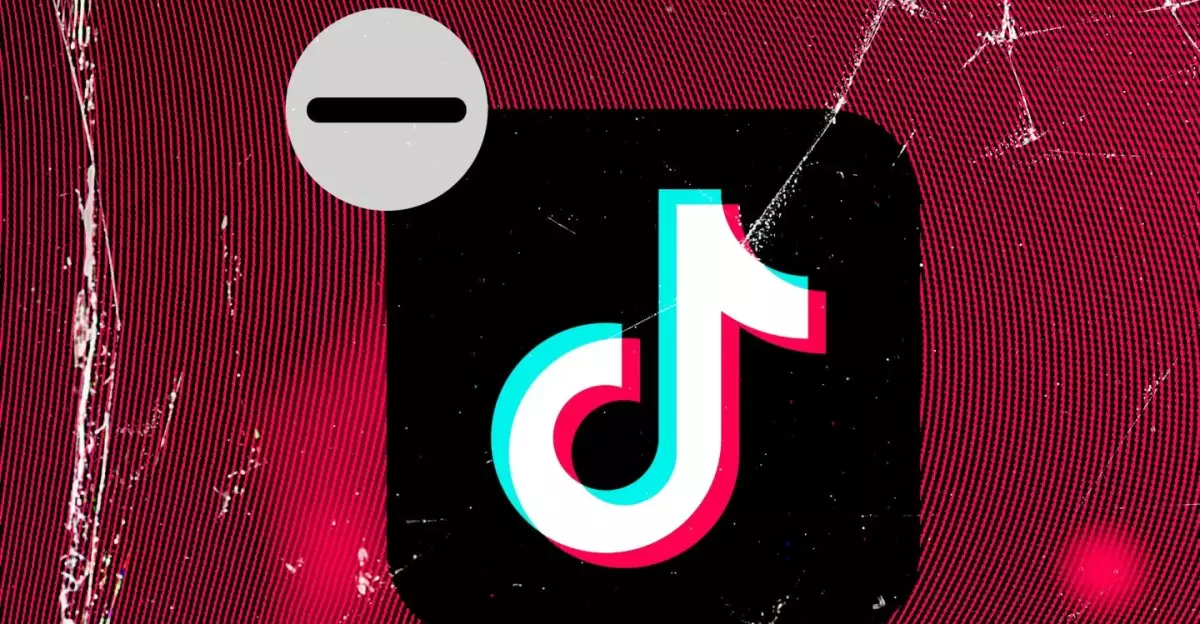In an unexpected turn of events, TikTok has once again secured its position within the Apple and Google app ecosystems after a brief ban that raised numerous questions about regulatory practices and the interplay of government influence in the tech industry. This reinstatement, occurring nearly a month post-ban in the United States, highlights the fragility and volatility of app store policies amid ongoing scrutiny over foreign-owned applications. While the details of its return may seem straightforward, they signify deeper underlying tensions between technology companies, government regulations, and international ilişkiler.
The reinstatement was triggered by a letter from US Attorney General Pam Bondi, which effectively alleviated the concerns of both Apple and Google regarding potential hefty penalties for hosting the app. This correspondence is pivotal; it exemplifies how governmental assurances can influence corporate behaviors and decisions that shape consumer access to technology. TikTok’s prior removal from app stores was a direct response to fears surrounding national security and the handling of user data by its parent company ByteDance, a concern that has been echoed by many in Washington.
Moreover, the fact that President Trump assigned Vice President JD Vance to oversee negotiations for a potential sale of TikTok underscores the administration’s contentious relationship with foreign-owned tech firms. This development suggests ongoing pressures for American tech companies to either divest from or scrutinize foreign applications, particularly those tied to countries that could pose security risks. Such moves raise broader questions about multinational operations and the evolving landscape of digital governance.
The return of TikTok to both the iOS and Android app stores signifies a temporary resolution that may only shift the focus of regulatory scrutiny onto other stakeholders in the tech ecosystem. For creators, brands, and users reliant on the platform, this reinstatement brings a sigh of relief; they can once again engage with a tool that has revolutionized content creation and digital marketing. However, the uncertainty generated by the app’s previous ban casts a shadow over the platform’s future sustainability.
For Apple and Google, the reinstatement presents a complex dilemma. While they have regained access to an essential app that fosters user engagement, they must also navigate the intricacies of political pressure and public sentiment regarding data privacy. The balance between facilitating user experiences while adhering to regulatory frameworks will continue to challenge their operational strategies.
Ultimately, the reinstatement of TikTok in the app stores is not just a victory for the platform but rather a chapter in an ongoing saga of regulatory oversight, corporate governance, and international complexities. As government entities persist in scrutinizing technology firms, it will be fascinating to observe how these dynamics unfold in the coming months. The future of TikTok—and by extension, the community it supports—remains fragile, underscoring the need for clear and consistent regulatory approaches that foster innovation while ensuring security.


Leave a Reply